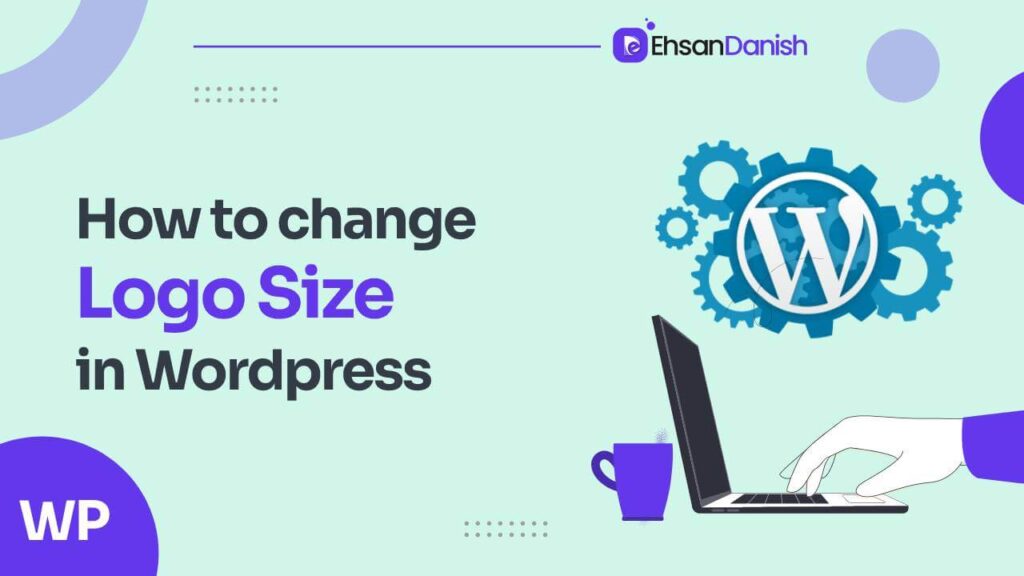Managing a website is no small feat, and one critical aspect that’s often overlooked is the media library. Whether it’s images, videos, PDFs, or any other media files, they play a vital role in making your site appealing and interactive. Whether you’re looking to safeguard your precious files or simply want to make a comprehensive backup, learning how to download your entire WordPress media library is a valuable skill for any website owner.
In this guide, we’ll walk you through the step-by-step process, ensuring that your media assets are securely in your hands, ready for whatever the digital world throws your way.
Why is it important to download the entire media library in WordPress?
Before diving into the technical aspects, let’s discuss why you might want to download the entire media library from your WordPress site. Several reasons justify this need:
- Backup: Having a local copy of your media files serves as a backup in case of data loss due to server failure, hacking, or accidental deletion.
- Migration: If you’re planning to move your website to another hosting provider, having a copy of your media library simplifies the migration process.
- Local Development: For those who prefer developing and testing on a local server, having your media files handy can be quite useful.
- Content Reuse: Downloading your media library allows you to easily access and repurpose your files for other projects or platforms.
So, now that you understand the importance, let’s explore how to download Your Entire WordPress media library through various methods.
How to Download Your Entire WordPress Media Library Using Plugin
WordPress plugins simplify the download process by automating many of the steps. This method is especially useful for beginners.
Steps:
- Install a Plugin: Go to your WordPress admin dashboard and navigate to “Plugins > Add New.” Search for a plugin like “Export Media Library” and install it.
- Activate and Configure: Once the plugin is installed, activate it and go to its settings. You’ll find it under “Media > Export” in your WordPress dashboard.
- Export: Follow the on-screen instructions to export your media library. Usually, this will generate a ZIP file containing all your media files.
Quick Note:
- If you’re on a budget-friendly hosting plan, it’s advisable to set compression to “NO” to reduce server resource usage.
- Choose the “Single folder” option to have all media files in one folder. Opt for “Nested folder” if you want images and media files organized by upload month, which can be convenient for some users.
How to Download Your Entire WordPress Media Library via Cpanel
Cpanel is a web-based hosting control panel that provides a graphical interface for managing your website files. This method is a bit technical but highly effective. Let’s get into the depth of how to download your entire WordPress Media Library via Cpanel.ff
Steps:
- Login to Cpanel: Open your web browser and log into your hosting account’s Cpanel.
- Navigate to File Manager: Under the “Files” section, click on “File Manager.”
- Locate Media Library Folder: Go to the “wp-content/uploads” directory where WordPress stores all media files.
- Download: Select the folder, right-click, and choose “Download” to save it as a ZIP file.
How to fix WordPress Media Library not Loading
Download Images from WordPress Media Library
How to download Your Entire WordPress Media Library via FTP
File Transfer Protocol (FTP) is a standard network protocol used to transfer files from one host to another over the internet. This method is suitable for advanced users.
Steps:
- Install an FTP Client: Download and install an FTP client like FileZilla.
- Connect to Server: Open the FTP client and enter your server details to connect.
- Navigate to Media Library: Locate the “wp-content/uploads” folder.
- Download: Right-click the folder and select “Download” to save it to your local machine.
How to Download Your Entire WordPress Media Library Using WordPress Export
WordPress has a built-in export feature that allows you to download various types of content, including the media library.
Steps:
- Go to Export Tool: Log into your WordPress dashboard and navigate to “Tools > Export.“
- Select Media: Choose the “Media” option from the list of exportable items.
- Download: Click the “Download Export File” button to generate an XML file. Note that this method doesn’t download the actual files, but you can use the XML to import them into another WordPress site.
 Conclusion
Conclusion
Knowing how to download your entire WordPress media library is essential for any website owner. Whether you’re a beginner or an advanced user, one of these methods should suit your needs for backup, migration, or local development. Remember to regularly update your backups and keep them in a secure location.
Congrats????! You made it to the end to learn how to download your entire WordPress Media Library effortlessly.
By following this comprehensive guide, you can ensure that your media files are always within reach, safeguarded against loss, and easily transferable when needed.
FAQs | How to Download Your Entire WordPress Media Library
Why do I need to download my WordPress media library?
Downloading your WordPress media library is essential for backup purposes. It ensures that you have a local copy of all your images, videos, and other media files in case of server issues, data loss, or migration to a new hosting provider.
Can I download the media library without using any plugins?
Yes, you can. Methods like using cPanel, FTP, and the built-in WordPress export tool allow you to download the media library without relying on plugins. However, plugins often simplify the process for less tech-savvy users.
Can I download only specific media files instead of the entire library?
A4: Yes, some methods allow you to select specific folders or files for download. Using methods like cPanel or FTP gives you more control over which files you want to download.
What’s the difference between using a plugin and other methods?
Using a plugin is often simpler and more user-friendly, making it suitable for beginners. On the other hand, methods like cPanel and FTP provide more control and are suitable for advanced users who prefer a hands-on approach.
Will downloading the media library affect my website’s performance?
No, downloading the media library won’t directly impact your website’s performance. However, it’s essential to ensure that the downloaded files are stored securely and don’t clutter your local storage.
Can I restore my website using the downloaded media library?
Yes, if you have a complete backup of your website, including the media library, you can use it to restore your website to a previous state in case of any issues.
Is it possible to download media files from a WordPress.com site?
WordPress.com offers limited access to the underlying server and files, so downloading the entire media library directly from the platform may not be possible. However, you can use the built-in export tools provided by WordPress.com to export content, including media references.
What formats are the media files downloaded in?
When you download the media library, it’s usually packaged in a ZIP file. The ZIP file contains the media files in their original formats, such as JPEG, PNG, MP4, etc.
Are there any size limitations for downloading the media library?
The size of your media library and the limitations imposed by your hosting provider or server space are factors that can impact the download process. It’s recommended to check with your hosting provider to understand any limitations on file size or storage.




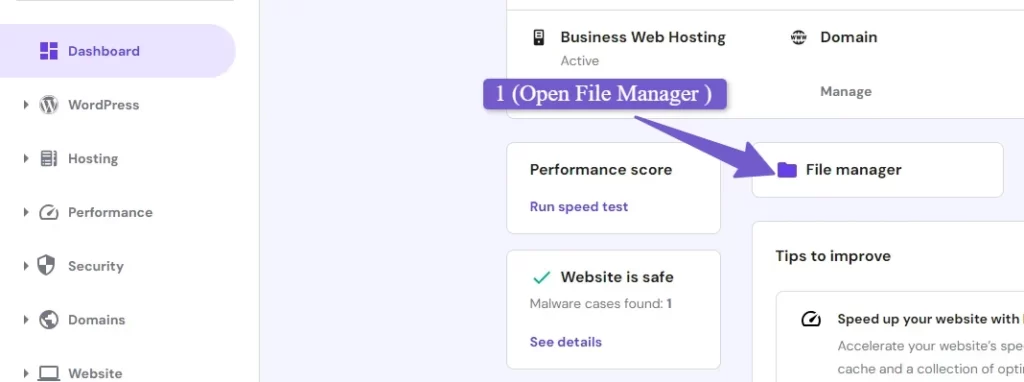
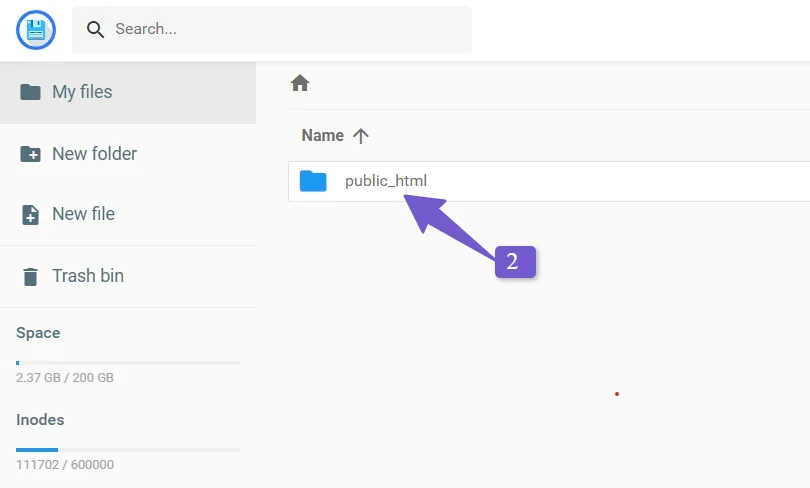
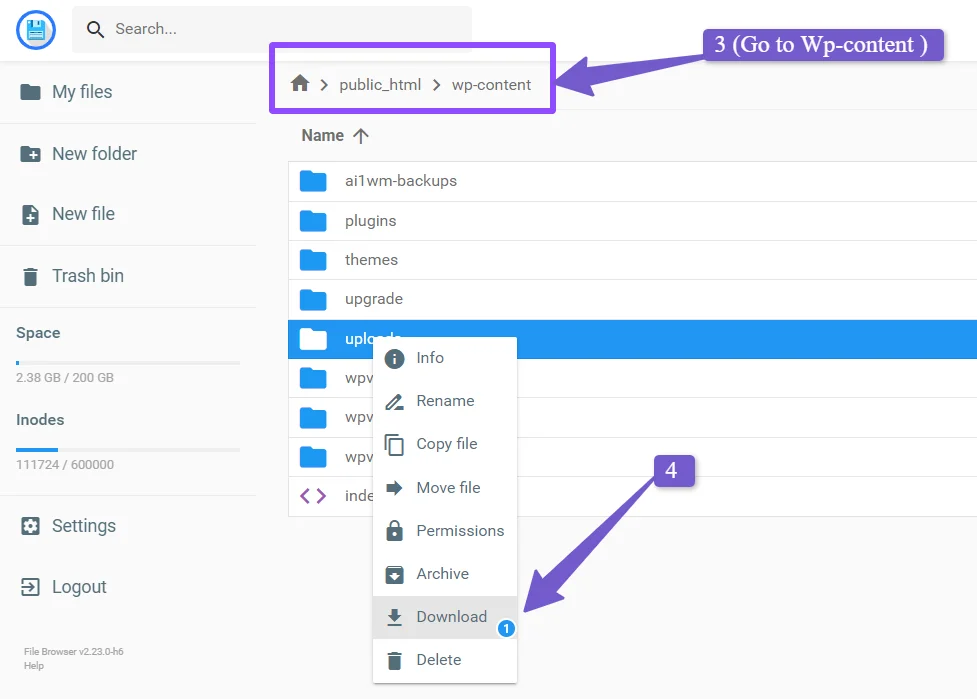

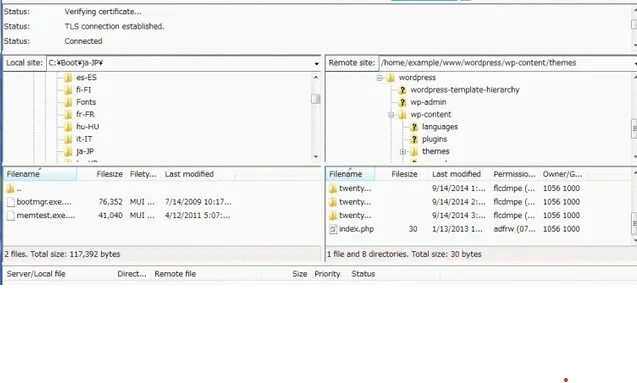
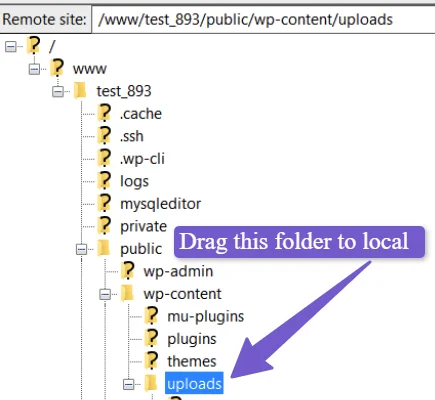
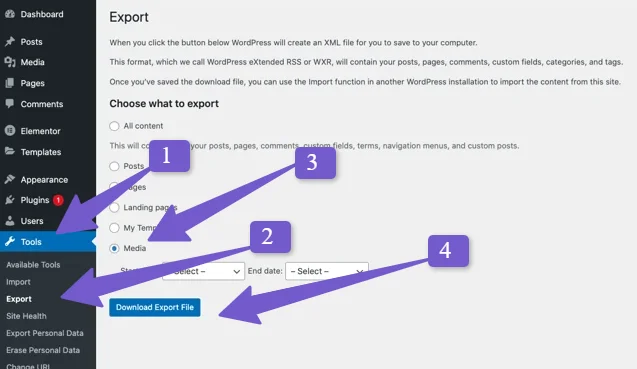 Conclusion
Conclusion
